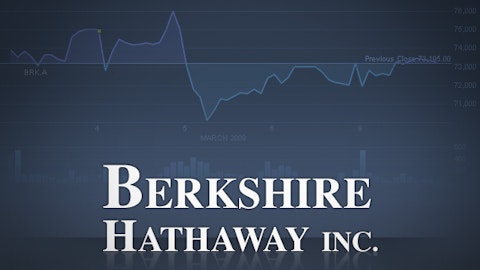
Yet even that bastion of tax-and-spend economics realizes sometimes you need to cut taxes if you want to spur growth. It has proposed repealing its tax on soda, partially as a response to Danes who simply cross the border into Germany to buy their beverages, but also because of the realization that their economy was becoming less competitive because of the imposition. It’s notable that Denmark also repealed its tax on high-fat foods.
The Union of European Soft Drink Associations applauded the move, saying: “Soft drink taxes are on the wane and being voted down by governments and parliaments across Europe. They have not proven to achieve any public health objectives and they destroy jobs and economic value.”
Compare that, however, with the mind-set here in the U.S., where New York’s Nanny Mayor Michael Bloomberg thinks he has the power to limit the size of sodas you can drink in order to protect your health (he’s also waged war on trans fats, smoking, and other individual-choice decisions). Unfortunately, he’s not alone. The Center for Science in the Public Interest reports that 39 states have special taxes on sugary drinks, and lest you think it’s a real concern over health issues and not simply a means to raise more tax revenue, even CSPI laments that despite raking in more than $1 billion annually, the taxes aren’t high enough to actually curb consumption and the states largely don’t earmark the funds for promoting good health.
The Coca-Cola Company (NYSE:KO) has come out with a position paper on obesity that acknowledges the epidemic rampant in the U.S. but goes on to point out no single type of beverage is responsible for it and there are lifestyle choices that are just as much to blame, if not more so.
In fact, cola consumption is on the decline in the U.S., with water surpassing soda as the preferred drink of choice. The market researchers at Mintel note that sales of beverages declined almost 2% between 2009 and 2011, while the Beverage Information Group says that over the decade between 2001 and 2011, annual soda consumption fell 15%. No doubt that explains why Coke and PepsiCo, Inc. (NYSE:PEP) own major water bottlers today.
Coke reported a 1% decline in North American soda sales last year, and Pepsi saw carbonated soft drinks suffer a 4% drop . But with states such as California and Vermont continuing to push for new soda taxes, the threat hasn’t ended.
California wants to add a penny-per-ounce tax that would increase the cost of a can of soda by $0.12, while Vermont once again considered — and killed — a hefty $1.28-per-gallon soda tax.
While there are many times government policy can mold individual action, Denmark at least has realized that taxing soda has largely been a failure. It’s regressive in nature, falling most heavily on the poor, and considering the sedentary, inactive lifestyles most Americans lead, singling out any particular beverage or food for retribution hardly makes the proposed solution easy to swallow.
The article A Taxing Decision for Soda Makers originally appeared on Fool.com.
Fool contributor Rich Duprey has no position in any stocks mentioned. The Motley Fool recommends Coca-Cola and PepsiCo and owns shares of PepsiCo.
Copyright © 1995 – 2013 The Motley Fool, LLC. All rights reserved. The Motley Fool has a disclosure policy.

